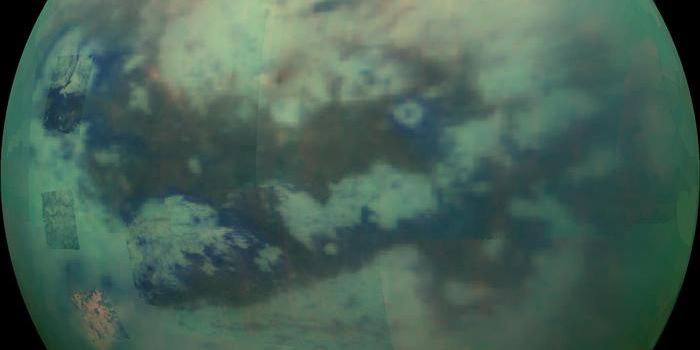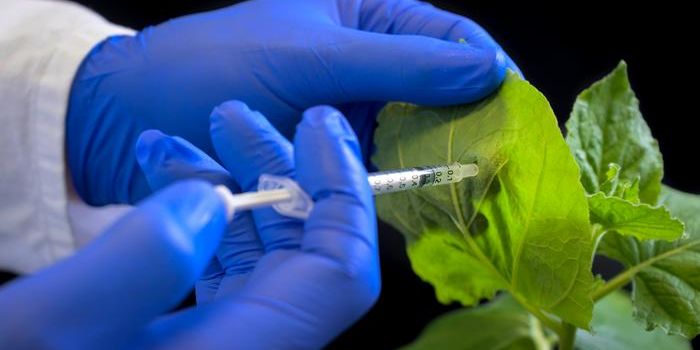Chemical-Biological Method Combined with Fungi Used to Convert Ocean Plastic Waste into Pharmaceuticals
According to a 2022 facts sheet, plastic waste in the ocean has grown to alarming rates, with approximately 51 trillion microscopic pieces of plastic residing in the world’s oceans, and an average of 46,000 pieces of plastic per square mile. But what if we could utilize nature’s elements to mitigate, and possibly eliminate, ocean plastic waste?
In a recent study published in Angewandte Chemie International Edition, a team of researchers led by the University of Southern California examine the potential for reducing plastic waste through a combination of a chemical biological method and a genetically altered soil fungus known as Aspergillus nidulans and converting the waste into components for producing pharmaceuticals. This study holds the potential to not only help the environment but have a positive impact on the health industry, as well.
"What we've done in this paper is to first digest polyethylenes using oxygen and some metal catalysts -- things that are not particularly harmful or expensive -- and this breaks the plastics into diacids," Dr. Berl Oakley, who is an Irving S. Johnson Distinguished Professor of Molecular Biology at the University of Kansas and a co-author on the study, said in a statement. For context, polyethylene is both the most common and most widely used plastic in the world, and a diacid is an acid comprised of two hydrogen atoms.
For the study, the researchers fed the fungi the carbon atoms of decomposed plastic, which metabolized the plastic into mutilin, asperbenzaldehyde, and citreoviridin, which are all active compounds used in pharmacology. It was discovered that contrary to previous studies, the fungi digested the plastic rather quickly. The researched put emphasis on plastics from the Pacific Ocean, specifically from the Catalina Harbor on Santa Catalina Island, California.
"The thing that's different about this approach is it's two things -- it's chemical, and it's fungal," Dr. Oakley said in a statement. "But it's also relatively fast. With a lot of these attempts, the fungus can digest the material, but it takes months because the plastics are so hard to break down. But this breaks the plastics down fast. Within a week you can have the final product."
Dr. Oakley concluded by saying the long-term goal is to be able to break down all plastics using fungi to digest them, which could eliminate the requirement of sorting plastics when they’re recycled.
Sources: Santa Cruz Works, Angewandte Chemie International Edition, ScienceDirect, University of Kansas, ScienceDirect (1), Merriam-Webster
As always, keep doing science & keep looking up!









